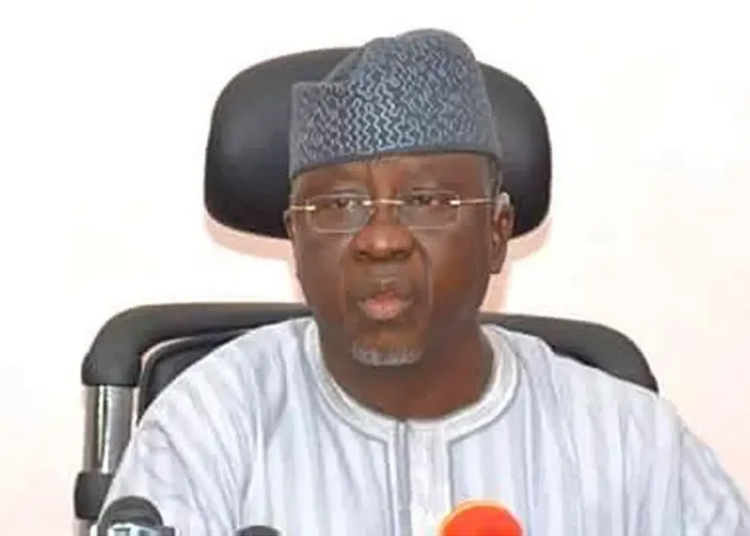A former governor of Nasarawa State, Senator Umar Tanko Al-Makura, has called for the institutionalisation of a journalists’ safety and insurance framework to protect media professionals, particularly those in conflict zones or on investigative beats.
Al-Makura also clamoured for the media innovation and sustainability fund, recommending that government and private sector support digital transition, training, and sustainability for struggling yet essential news outlets.
The senator, who represented Nasarawa South stated this at the Nigeria Union of Journalists (NUJ), Federal Capital Territory (FCT) Council’s Press Week Lecture and Awards themed: “Journalism in a Changing World: Press Freedom, Media, Democracy, and Society,” held in Abuja on Tuesday.
Al-Makura further called for media literacy campaigns in schools and communities to empower citizens, especially the youth, to engage critically with media and resist manipulation.
He also proposed a national fact-checking alliance to foster non-partisan collaboration between media houses and civic-tech institutions to combat disinformation before the 2027 elections.
The chieftain of the All Progressives Congress(APC) said these approaches were necessary to restore editorial integrity, deepen professional standards, and cultivate a media culture that prioritises truth over traffic.
“Journalism is more than reportage—it is the lifeblood of public accountability, the keeper of transparency, and the vessel through which democracy breathes.
At the heart of every democratic enterprise lies the well-being of the people.
“Democracy is only worthwhile if it safeguards lives, protects rights, and promotes collective prosperity. These aims cannot be realised without a responsible and unfettered press—free to question, free to probe, and free to tell the truth, even when it is inconvenient.
“Yet, as we gather here, we must acknowledge that journalism today stands at a crossroads. The digital revolution—remarkable as it is—has altered everything. The tools of storytelling have evolved: from printing presses to smartphones, from typewriters to algorithms. The world is now a global village; news travels faster than thought. But with speed has come distortion, and with reach, vulnerability.
“Artificial intelligence, deepfakes, misinformation, and algorithmic bias now threaten to displace fact with fiction, and substance with spectacle. And nowhere is this more dangerous than in fragile democracies, where information can be weaponised, and where the truth is often the first casualty.
“Still, in the face of adversity, the Nigerian press has endured. You chronicled our joys and tribulations at the dawn of the Fourth Republic. You gave voice to the anguish of our youth during the #EndSARS protests. During the COVID-19 pandemic, you were a calming presence amid the storm of uncertainty. In each moment of national reckoning, you rose to the task.
“But I must say this with the utmost clarity: freedom of the press is non-negotiable. Yet, like all freedoms, it demands responsibility. In this age of viral misinformation, our challenge is not merely legal but ethical. It is not just about laws or sanctions. It is about restoring editorial integrity, deepening professional standards, and cultivating a media culture that prioritises truth over traffic.
“To the young journalist in this hall, do not be discouraged. Yours is a sacred calling. To editors: demand rigour. Publish less, verify more. To publishers: support your newsrooms, pay your reporters, and shield them from intimidation.
“To media owners and advertisers: protect editorial independence. And to us in government: let us see the press not as adversaries, but as early warning systems, sounding the alarm when danger looms, and reminding us that democracy cannot flourish in silence,” he added.











